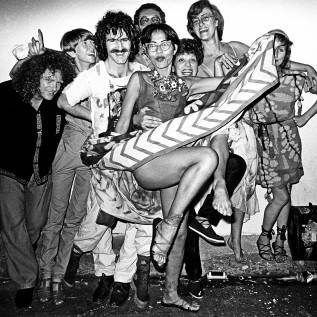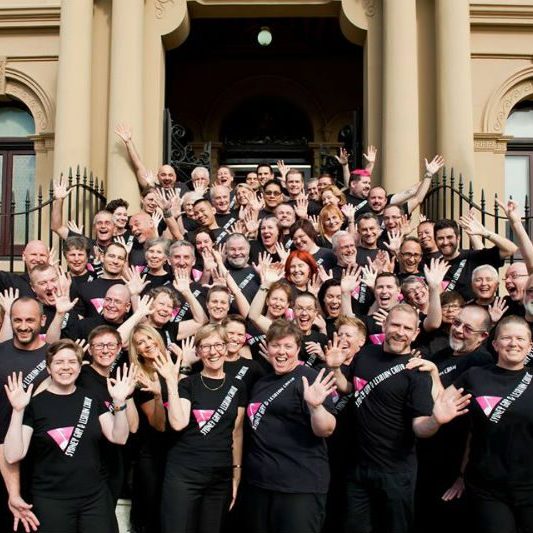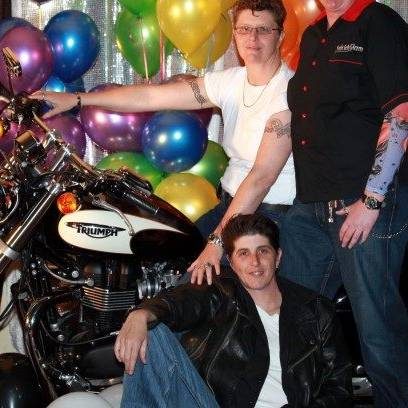Spinifex Press publishes innovative and controversial feminist books with an optimistic edge.
Spinifex Press is an award-winning independent feminist press that publishes innovative and controversial feminist books with an optimistic edge. The brainchild of Susan Hawthorne and Renate Klein, it offers over 200 titles in print, with more than half available as eBooks.
With an impressive list of lesbian writers from Japan, India, Turkey, New Zealand, USA, Switzerland, Britain, Ireland, Australia, and a number of other countries, many of Spinifex’s books have been finalists or winners in the Lambda Literary Awards and the Publishing Triangle Awards in the US, as well as a range of other prizes in Australia and overseas.
Please share with us the mission/vision of Spinifex and why you and Renate decided to create the lesbian publishing company.
When we started, we wrote this mission statement:‘Spinifex Press publishes innovative and controversial radical feminist books with an optimistic edge.’ We are also decidedly international in outlook, publishing work by Indigenous writers, lesbians from many ethnic and cultural backgrounds, as well as books that focus on disability and class issues. We only publish books that we feel passionate about.
Once you decided to launch Spinifex, what happened next?
We published our first book in May 1991. It was inspired by lesbian playwright Sandra Shotlander’s play, Angels of Power. It was an anthology of play and film scripts, short stories and poetry on the theme of reproductive technologies. Renate had been a critic of reproductive technologies for many years and I was a writer of short fiction and poetry. By 1991, the book was on sale in the USA, just a month after its Australian launch. We each brought our special knowledge to this collection. In the first year, we published four books and they were remarkably successful. Three were shortlisted for awards, three were translated, and two were reprinted within a year.
What was your expectation for Spinifex in terms of scope and longevity? Has it changed since 1991?
When we started, we had no idea we would still be here in 25 years. The first year was an experiment and we didn’t know if we would last beyond that year. The early 1990s were exciting times in feminist publishing and bookselling. There was also a vibrant industry for lesbian publishing and from 1984 to 1994, International Feminist Book Fairs were held every two years, the last organised in Melbourne. With the advent of Borders, Amazon.com and the computerisation of inventory, the energy changed in the mid to late 1990s. I write about this in my book Bibliodiversity: A manifesto for independent publishing (2014).
What does achieving a milestone like 25 years in business mean for Spinifex and the LGBT community?
It’s hard to know what it means for the LGBT community. We know that it has an important effect on the lesbian community who are otherwise neglected in the mainstream media. Publishing lesbian writing is important for us and we have published lesbian poetry, novels and non-fiction.
The publishing industry is constantly changing, especially with e-books and self-publication becoming so popular. What motivates you to keep doing what you do and what steps are you taking to remain relevant?
Spinifex has been an early adopter of digital technologies. For example, we were one of the first publishers in Australia to have a complete list of our catalogue online in 1995. In 1996, we were the first publisher to have an interactive website connected to Indian lesbian writer Suniti Namjoshi’s novel Building Babel. In 2006, Spinifex was the first independent publisher in Australia to produce eBooks in multiple formats. Our North American distributors told us that we were well ahead of many presses in their territory. We remain relevant through sticking to our mission statement of being both innovative and controversial and publishing risky books with passion.
If one of our readers has a book they would like to get published, what’s the best method for submission?
If the writer is a poet or short fiction writer, they should already have work published in a significant number of literary magazines. To find out where these are, there are writers’ centres in every state and there are a number of online resources such as the Australian Society of Authors and Poetry Australia who list upcoming opportunities for writers. This is the starting point. A sportswoman or musician practices her craft daily and gets her first exposure in small arenas. The same applies to writing. A novelist needs to have a complete manuscript before approaching a publisher. Publishers advertise times when a writer can pitch to them or times during which unsolicited manuscripts can be sent. To know these, it’s best to join a writers’ organisation such as those mentioned above.




